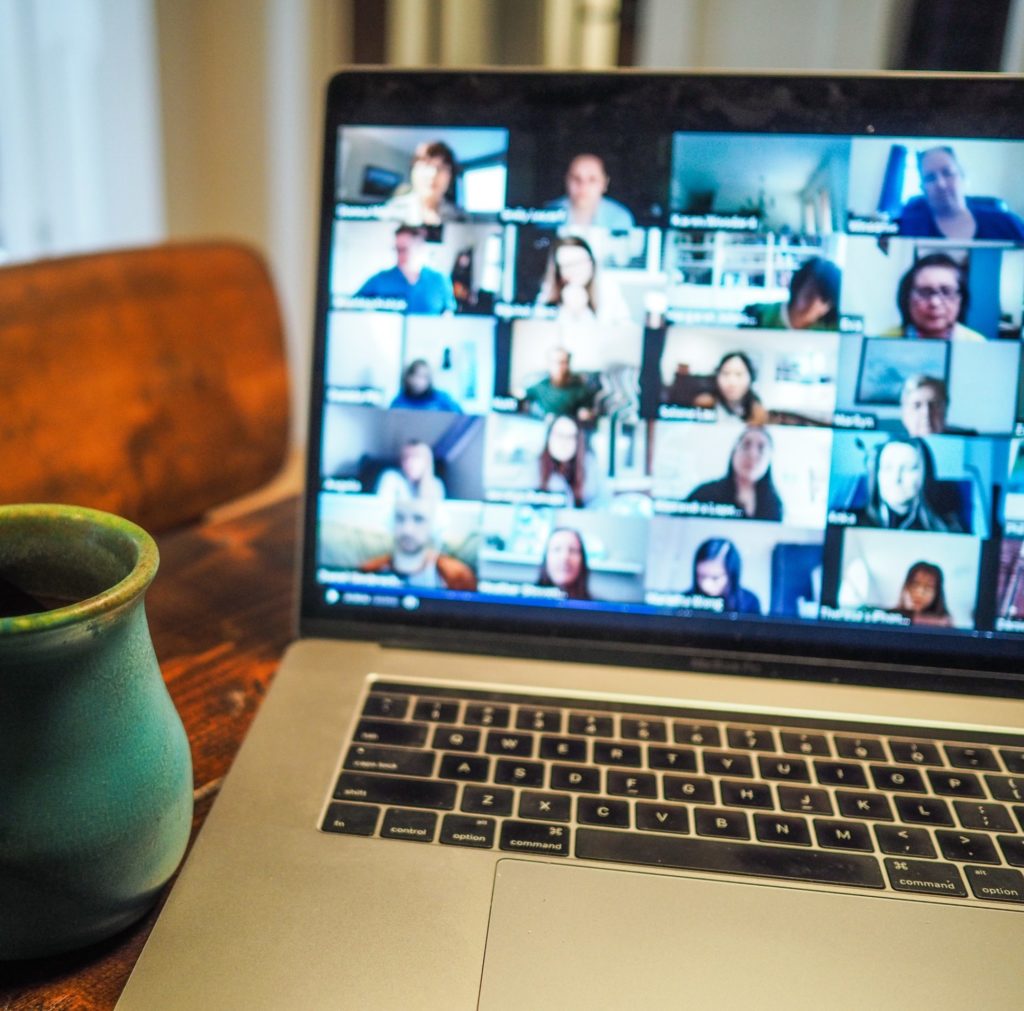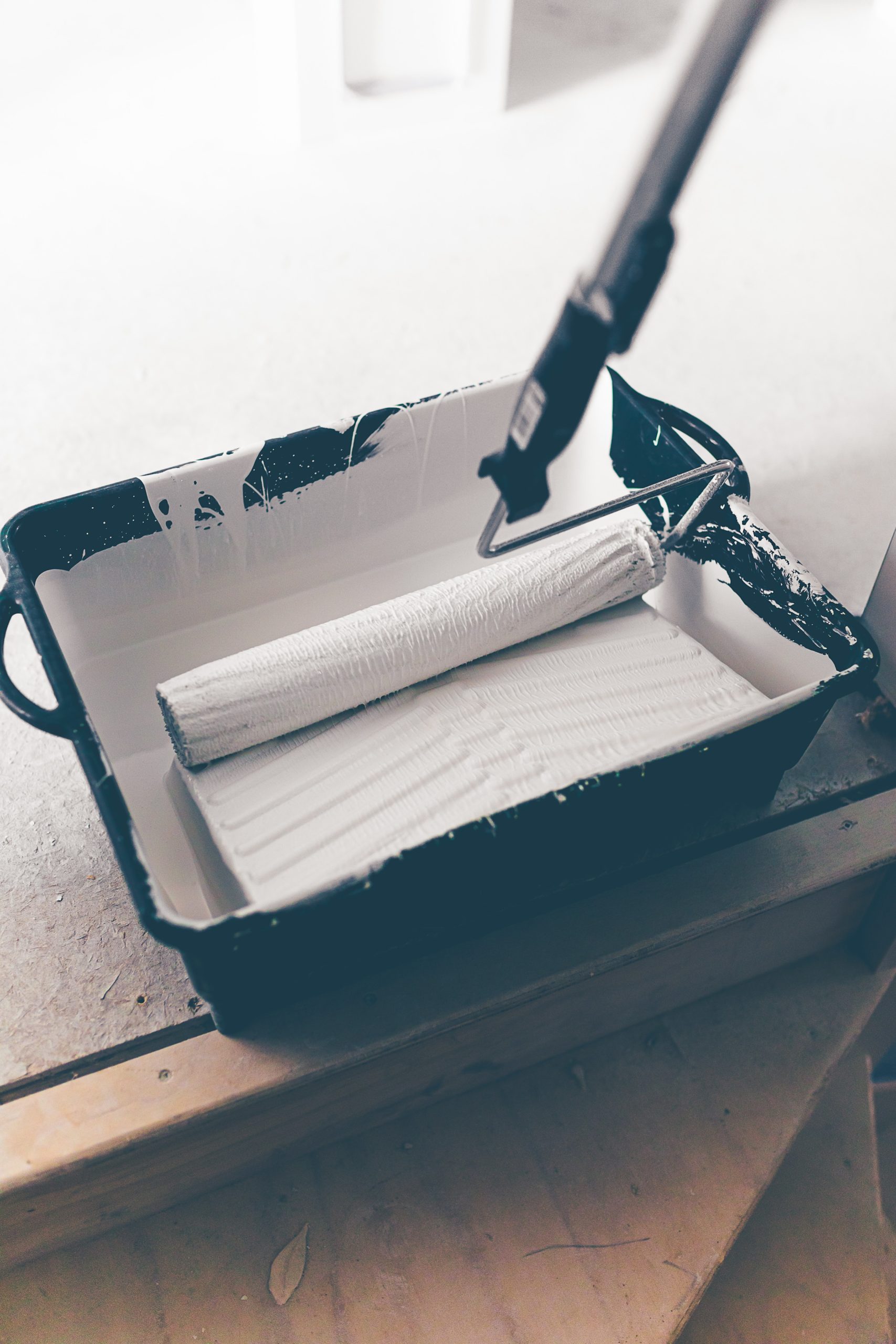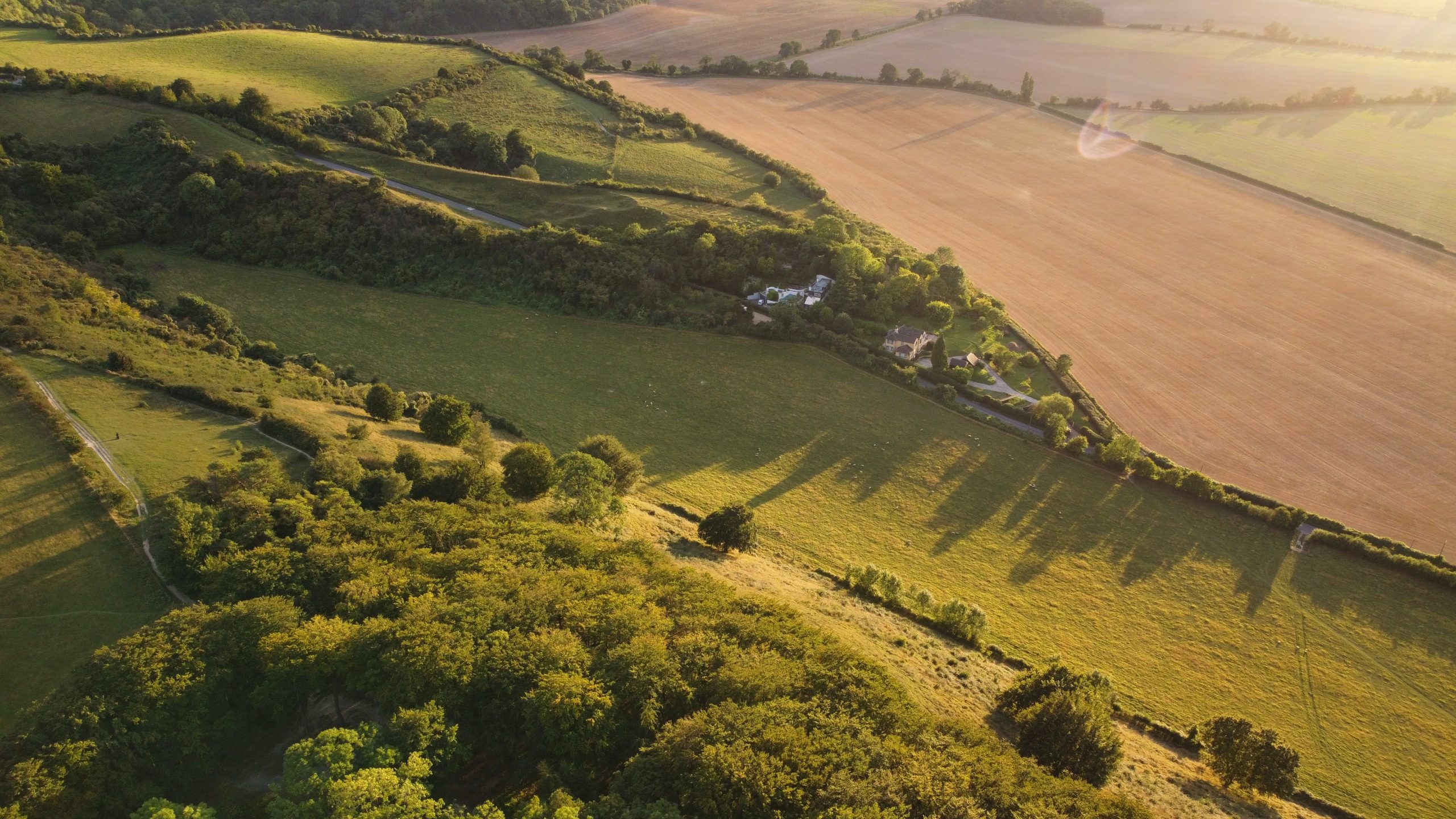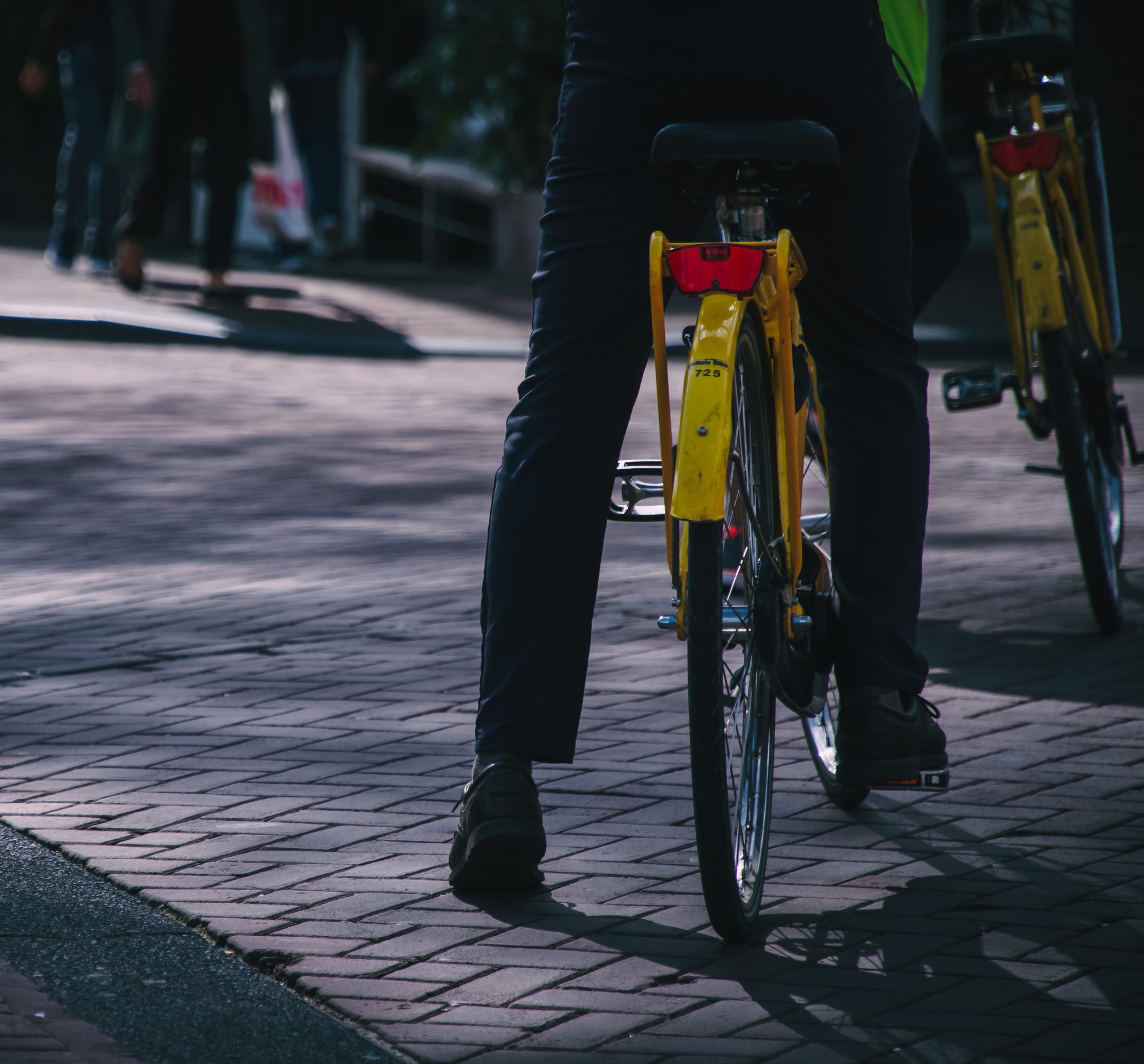There is an urgent need to act! There are simple, effective and no-regret actions to take now to reduce your carbon and environmental footprint, until the roadmap takes over with more ambitious measures.
Co-benefits
-
Co-benefits
Co-benefits include energy and cost savings, increased resilience, employee well-being, and consistency with the social mission.
10 ready-to-use actions

1. Online meetings

2. Travel better
Allow and encourage staff to take the train instead of the plane, even if it is more expensive. Where air travel is essential, fly direct and in economy class. Prohibit the acquisition of personal loyalty points linked to business trips.
• Impact: Avoiding 1 single return flight from Madrid to Rio has about 10x more impact than switching to a vegetarian diet for a year. (3)

3. Temperature
Reduce space heating and air-conditioning. Set the minimum air-conditioning temperature at 26°C and the maximum heating temperature at 19°C for occupied rooms, 16°C when not occupied, 8°C if the premises are unoccupied for more than two days. Set the water heater temperature between 50°C and 55°C.
• Impact: Lowering the heating by 1°C equates to 7% in energy savings on average. (4)

4. White roofs
Painting roofs white helps to reflect the sun’s rays and avoid heating the interior of the building. This reduces energy consumption for air-conditioning and does not require major renovations. Some insulating and reflective paints are very effective.
• Impact: Painting roofs white leads to an indoor temperature reduction of 6°C on average and a 20-50% saving on air-conditioning bills. (5)

5. Renewal of contracts
Seize the opportunity to integrate new clauses or delay the renewal of multi-annual contracts with partners (suppliers, subcontractors, travel agency, bank, pension fund, data centre), especially those that do not include environmental clauses or are unsatisfactory. Question them about their climate actions. Identify more virtuous alternatives.
• Impact: In France, a bank investment of 25,000 euros is equivalent to the carbon footprint of an individual. (6)

6. Procurement of equipment
Do not renew equipment (computers, cars, furniture) as long as it is functional or repairable and fulfils the organisation’s missions.
• Impact: Extending the lifespan of business laptops from 3 to 5 years can reduce the annual impact of the IT fleet by 1/4. (7)

7. Procurement of goods and deforestation
Buy food or hygiene products that do not contain palm oil, or buy only those that are RSPO certified. (8) Only buy FSC or PEFC certified paper. (9) Reduce meat consumption in catering, events and purchasing in general.
• Impact: Six raw materials are responsible for 80% of the EU’s imported deforestation: soya, palm oil, beef, wood products, cocoa and coffee. (10)

8. Ecosystems protection
Collect rainwater, stop using pesticides, plant endemic trees, stop mowing the lawn, and install nesting boxes and shelters for local wildlife in all the premises used by the organisation.
• Impact: A 100 m2 flat terrace in a region with an average annual rainfall of 600 mm could accumulate 60,000 litres per year. (11)

9. Green office practices
Implement eco-friendly practices at the office. Simple technological devices exist to reduce energy and water consumption: motion sensors for lighting, LED bulbs or water aerators.
More carbon-efficient commuting can also be promoted: bicycle parking, end-of-trip free parking, car pooling, car-sharing, public transport. (12)
Other actions can be implemented: vegetarian meals (13), computer equipment in economy mode by default, printing quotas per user, elimination of single-use plastics, providing reusable utensils.
•Green office – Organisational level
•Green office – Individual level

10. Raise awareness
Raise staff awareness on green office practices (14) and eco-driving (15), in particular through signage. Organise, promote or propose to the staff to enrol in a “Climate Fresk” or “2 tonnes” (16) workshop.
• Impact: More than 800,000 participants trained by the Climate Fresk in 50 countries and 45 languages. (17)
Professional travel

Online meetings & trainings

Teleworking

Economy class tickets only

White roofs

Supplier communication

Download the resource
-
Quick and easy wins
PDF version
Download
Sources
(1) ETH Zurich. “Flight decision tree”. Read here.
(2) ADEME. “Telework, (im)mobility and lifestyles. Study of telework and lifestyles in the 2020 Health Crisis.” In French. Read here.
(3) Stay Grounded. Read here.
(4) ADEME. “How to improve energy performance in industry? Recommendation n°35.” In French. Read here.
(5) CoolRoof France. Read here.
(6) 20Minutes. “Climate: Are savings a heavy weight in our carbon footprint?” In French. Read here.
(7) The Shift Project. “Lean ICT: Towards Digital Sobriety.” Read here.
(8) Roundtable on Sustainable Palm Oil. Read here.
(9) WWF. “Choosing the right graphic paper for your office.” In French. Read here.
(10) WWF. “Deforestation Fronts: Drivers and Responses in a Changing World.” Read here.
(11) MIT. “Rainwater Harvesting.” Read here.
(12) Cantons de Vaud et Geneve. “Mobility Plans: A Guide for Companies and Institutions.” 2021 version in French; 2016 version in English.
(13) EAT Forum. “The Planetary Health Diet”. Read here.
(14) ADEME. 2020. “Eco-responsible at the office”. In French. Read here.
(15) Michelin. “How can eco-driving help you save fuel?”. Read here. European Commission. “Green Driving Tool”. Read here.
(16) 2tonnes. Visit their website here.
(17) Climate Fresk. Visit their website here.
Cover photo © Maurits Bausenhart/Unsplash.

